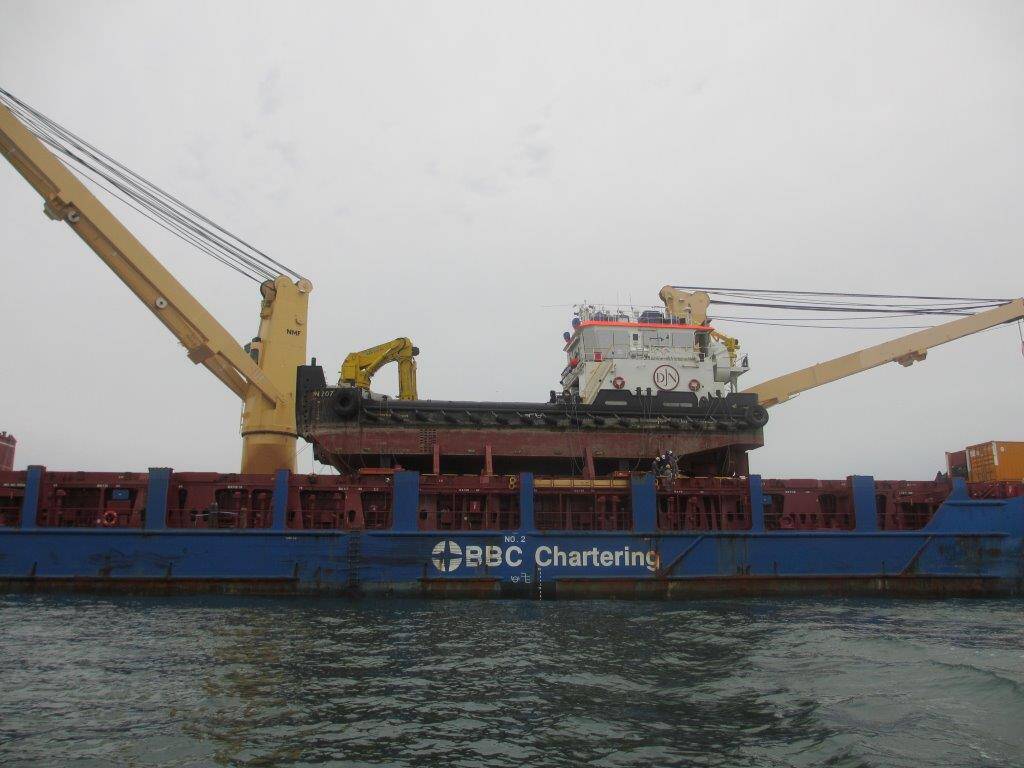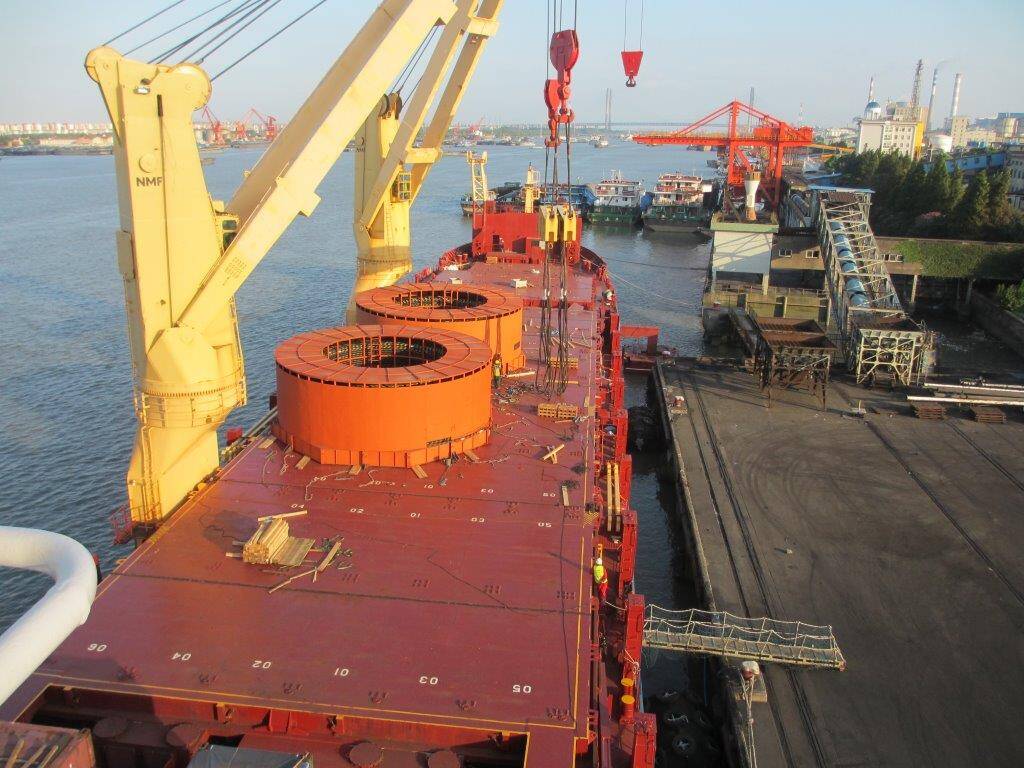Q&A with Mr. Lars Schoennemann, Managing Director of BBC Chartering, from their regional HQ in Singapore
When was BBC established and what does BBC stand for? Who owns BBC Chartering today and how many vessels do you operate on average?
BBC Chartering was founded in October 1997 as a joint chartering venture of Leer-based ship owner Briese Schiffahrt and Bremen-based Bruno Bischoff (the later went out of business in 1999); i.e. BBC is the abbreviation for Briese Bischoff Company. Since 1999 BBC Chartering is fully controlled by the Briese Group, its Chairman Prof. Rolf Briese and the business is run by Svend Andersen as CEO.
BBC Chartering markets about 175 vessels today. They consist of T/C vessels, pool vessels, management vessels, and lastly competitive, spot-chartered vessels.
What type of vessels do you operate and what crane capacity do you offer? Are your vessels able to call ports with more shallow waters?
The vast majority of our capacity are MPP/HL vessels with tween decks with capacity intakes ranging from 3,500 to 37,500dwt, the later concerning handy size bulkers. Our maximum lifting capacity today is 900mts, but there is certainly room to increase this in the future.
One of the core advantages of our fleet is, that we can serve even the most remote out-ports and go where many others cannot go. We have executed projects in shallow waters down to 3.8 m draft. In general we have no issues with water depths around 5-7 m, but of course it all depends on the displacement of the vessel resulting from its intake. Important here is that our fleet and service portfolio always provides a solution for any port, any cargo.
Tell us a bit about your organization. In a global business environment inquiries can come from anywhere to anywhere, explain to us how you decide where the quoting office should be.
We have divided our world of project shipping in into three main regions: Frist Europe / Central (including Africa) region, second Middle East / Asia (MEA) Region, and third Americas Region (North and South). Within the regions there are only five global pricing centers who have a booking function, the majority of 34 offices globally focus on sales and lead generation and this way we ensure an intense interaction and communication on inquiries and global quoting activities, this leaves hardly any room for “tire kickers”, as we call the redundant inquiries relating to the same transport request.
For certain clients our local offices act as account managers and their in-house broker; they ensure the customer gets directed to the correct office outside their control. At the end of the day, the customer has certain trading requirements and it’s up to him to decide where he places his enquiry. A contact directory for all our offices is provided on our website: https://www.bbc-chartering.com/informations/contact/europe/leer-hq.html
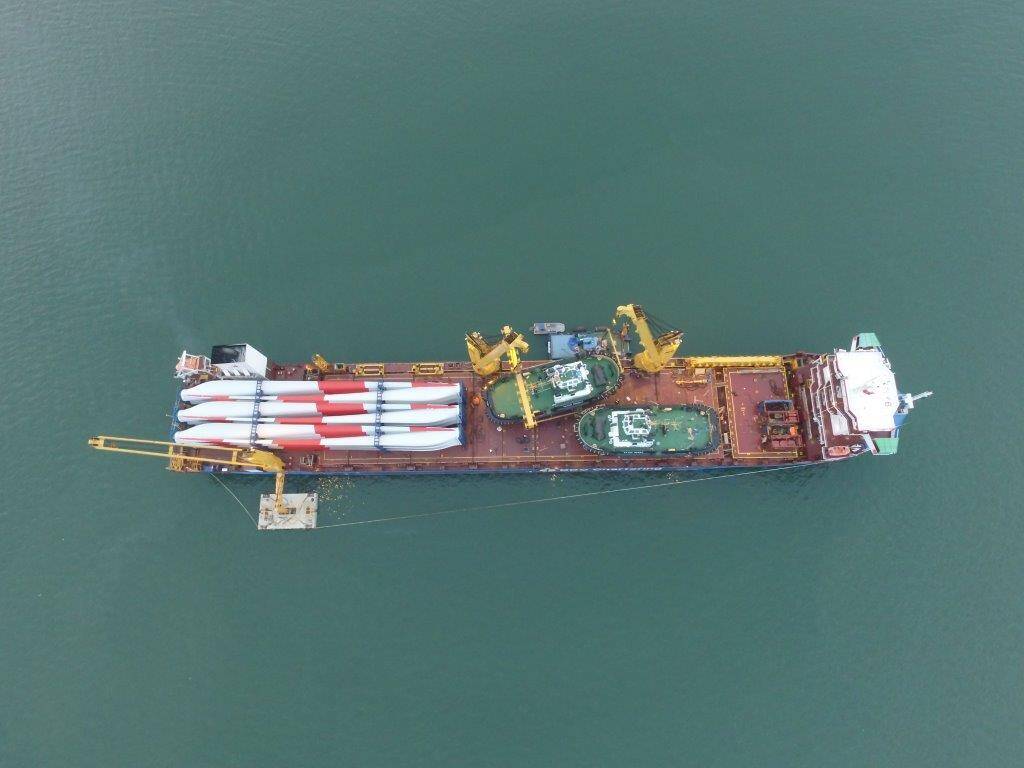
Do you accept cargoes from shippers direct or only forwarders or a mixture? What is the policy of BBC Chartering if a freight forwarder asks for a rate for the same inquiry you may have received direct from a shipper?
We are happy to work with all people from the industry. Mostly, we work with project freight forwarders (FFW) and for a large part we also use our broker network around the world. But there are direct relationships with cargo owners such as industrial manufacturers and engineering contractors (EPC), too.
It varies very much from project to project and cargo to cargo. The FFW portion still holds the biggest part of our yearly turnover. If we see an enquiry from a FFW, which has already been received directly from a shipper, we ask the shipper to decide how to place the booking. The shipper has to consider if the FFW/broker adds value to the overall shipment, and of course we provide our services to either party, whatever the decision of the shipper is.

Give us some examples of bigger projects that you have handled over a certain length of time. Would you say that your services in some areas is a liner service or you prefer your services to be described as breakbulk tramp worldwide?
We handle various projects on a yearly basis. In 2015 we have moved around 7mln revenue tons (r/t) of cargo around the world. We do this by marketing basically three service lines. Fist, and the largest line is what we call “apac service”, here we cover all liner, semi-liner and tramp services for any port, any cargo, hence the name “apac”. The second service line is project services; here we cover all volume contracts and strategic partnerships, and as third line we look at sophisticated special projects, e.g. as we have it for engineering intense heavy loads, arctic or offshore projects.
Regarding “apac service”, we unite liner and tramp services. E.g. we have liner service into WCSA/ECSA ex Houston on a bi-weekly basis. We also have semi-liner service from Europe to WCSA/ECSA. And we have several sailings each month from Far East to USG, intra-Asia, Australia etc. We are proud of our “apac service” which is also the world’s first high performance inducement service, delivered only by BBC Chartering. We have more sailings than any other carrier and cover basically any destination around the world.
With regards to a strategic volume contract, we may mention the project we currently execute for TOYO Engineering, Japan. With four projects covered under the agreement, one concerns to supply the RAPID refinery project in Malaysia. For this share alone we committed to ship some 350,000 r/t which have to be moved in an eight month time frame. On a side note, we are also proud movers of New York City’s next mega attraction, the New York Wheel, another 82,000 r/t project.
There are many more project to talk about, also very niche oriented offshore and special destination projects but mentioning everything here would be too much. To learn more about what we do I invite anyone to subscribe to our company magazine (e-paper) which tells half yearly about what’s going on in our world.
Read the latest issue of the magazine here: https://issuu.com/bbc-chartering/docs/excellence_14th_edition?e=9100214/40260978
Subscribe here: https://my.sendinblue.com/users/subscribe/js_id/2m8ew/id/1
Do you accept IMO cargoes and shippers own containers? If any customer would like to use line’s units, do you have access to provide containers to customers if needed?
The majority of our fleet is classified to carry IMO 1 cargo. Furthermore we have 3 vessels which can carry INF (IMO 7). In some cases we arrange carrier owned containers (COCs), but mainly we are used to handling shipper owned containers (SOCs) on our vessels.
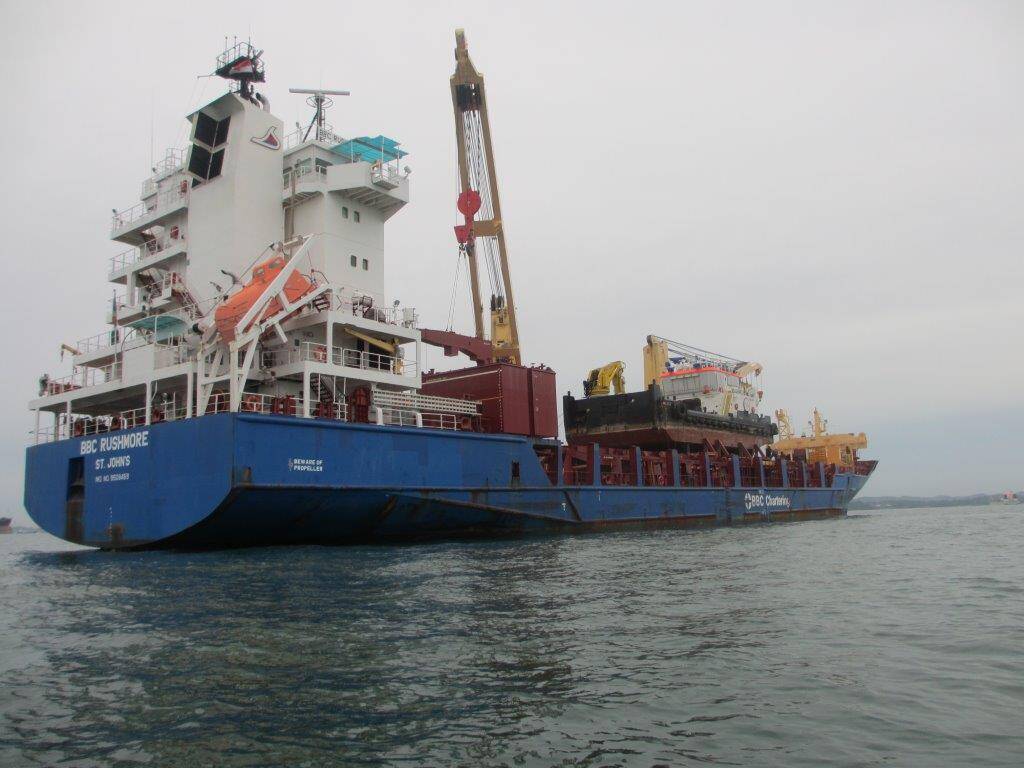
Would a small and medium sized freight forwarder be quoted the same price as a large multinational freight forwarder for the same inquiry? What is your general policy on this?
Yes, we will rate the cargo the same to any party.
Apparently the market is competitive right now. How do you view the current market and what are you doing in BBC Chartering to secure and keep your market share?
We do see a very, very competitive market right now. Some carriers apply destructive, unhealthy pricing policies. We know that the market is currently under extreme pressure, but these low rates help nowhere, they are often not even covering the direct cost on shipping projects.
We can only explain this behavior by the fact that some competitors have very deep pockets or they follow no asset related interest – either way, it’s unfortunately a very expensive and unhealthy fight for market share.
Nevertheless, we try to control our cost as good as possible and make sure the operation of the vessels are done in close coordination between commercial and technical departments to ensure the best trading of vessels globally and their maximum utilization.
At BBC Chartering, when booking a cargo, the allocation to the respective vessel is still open (but of course limited by the cargo specifics). If a vessel voyage gets generated later, we then optimize the voyage by combining various cargoes on the vessel. The good news for any owner who works with us is, that we do not discriminate our pricing on the basis of the vessels which may later on do the job.
But foremost and generally speaking, staying in the game for us means to deliver a service that customers can rely on. Our vision is to build the highest performing and most trusted shipping company for project, breakbulk, heavy lift, and general cargo transports in the world; and our network ensures that we definitely have the most capable fleet in position to provide a reliable service for any cargo request our customers may have.
The shipping world is relatively small and people change companies from time to time, tell us about your own background. How did you end up in shipping originally? What is your background and how long have you worked with BBC in Singapore / elsewhere? Do you travel a lot being based in Singapore and how is the life there as an expat?
I started my shipping career with J. Poulsen Shipping, Denmark in 1998 after a recommendation from a friend (Jens Meilvang, now Chief Chartering Officer of our head office in Leer, Germany). After the end of a trainee-ship in December 2000, I moved on to Kuala Lumpur to work for Scan-Trans KL in early 2001. I had 3 wonderful and very educational years with Scan-Trans KL.
By the end of January 2004 I started with APC, Singapore (Asia Project Chartering – a JV between Clipper and BBC Chartering). I have been with BBC Chartering ever since. During my time here, I spent two years with APC in Singapore, then five years at BBC Chartering’s head office in Leer and now already again five more years back in Singapore with BBC Chartering, Singapore pte ltd.
Shipping has taken me various places around the world, and I have met fantastic people and tied many friendships. I don’t think we travel more just because we are located in Singapore. Shipping in general requires a lot of travel, as our industry is a global one and very much people related.
Singapore is a very nice place to live, but some people will call it “Asia for beginners” (smiles). Like anywhere else in Asia, you have long working hours and time zones to handle when you trade with Europe and Americas. But this is one of the fun parts too, as you get to work with the whole world daily.
Would you have any good advice for our younger readers who may contemplate a career in shipping? A rule of thumb?
Don’t get scared away by the long working hours and hectic atmosphere from time to time. Shipping is a people business, so in time you will get to know a lot of interesting people on your journey and learn from them.
But as Rome was not built in a day, don’t expect to know all about shipping in one week – it takes time and the road can be stony and twisting sometimes.
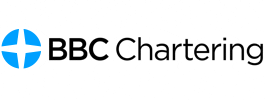
Interviewee:
Lars Schoennemann
Managing Director
BBC Chartering Singapore Pte Ltd
Lars.Schoennemann@bbc-chartering.com
www.bbc-chartering.com
